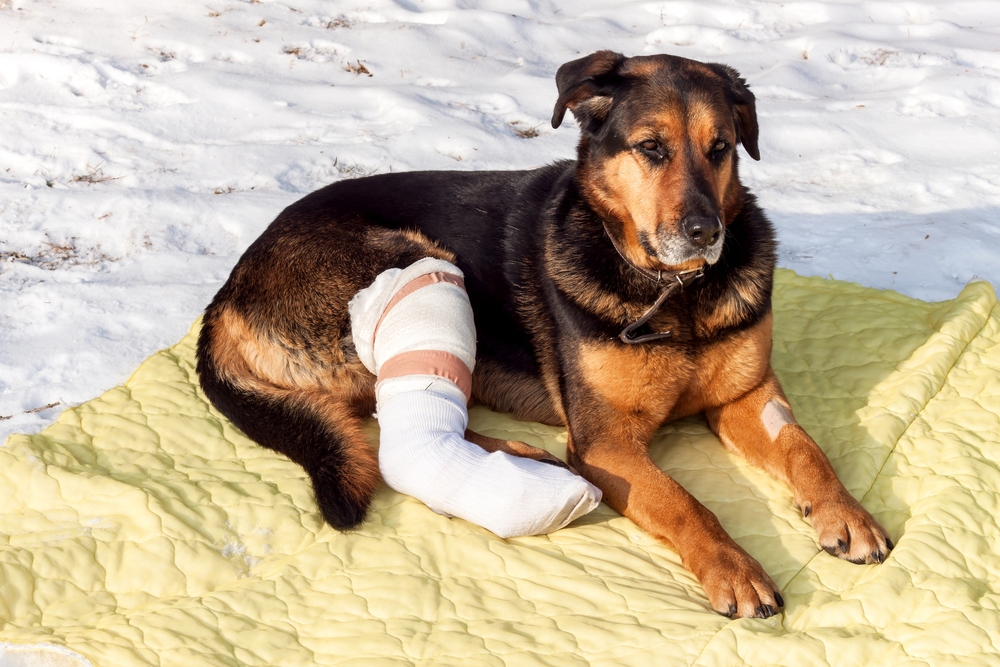

As a pet parent, you know your furry companion’s behavior and routine better than anyone. However, even the most attentive pet owners may be unsure when something truly constitutes an emergency. While it’s normal for pets to experience minor ailments, certain signs indicate they need immediate veterinary care.
Difficulty Breathing
Breathing difficulties are one of the most serious symptoms in pets and can indicate various life-threatening conditions, from allergic reactions to heart or respiratory issues. Watch for open-mouth breathing in cats, noisy or rapid breathing, or visible struggle to catch their breath. If you notice any of these signs, bring your pet to the clinic immediately.
Continuous Vomiting or Diarrhea
Occasional vomiting or diarrhea isn’t uncommon, but continuous episodes—especially if they’re accompanied by lethargy, abdominal pain, or blood—could indicate poisoning, intestinal blockages, or severe infections. If your pet can’t keep water down or if the symptoms persist for more than a few hours, it’s essential to seek emergency care.
Uncontrolled Bleeding
Any significant bleeding should be addressed immediately, as it may indicate trauma, injury, or an underlying health issue. This includes bleeding that won’t stop after applying gentle pressure, or any discharge of blood from the nose, mouth, ears, or rectum. Remember, rapid blood loss can quickly lead to shock, so prompt action is necessary.
Inability to Stand or Walk Normally
If your pet suddenly collapses, struggles to stand, or appears disoriented, they could be experiencing a serious issue, such as neurological problems, heart disease, or toxic exposure. This behavior might also suggest a stroke or even poisoning. Immediate veterinary evaluation is crucial for such symptoms.
Sudden Seizures
Seizures, especially if they come in clusters or last more than a few minutes, are always a cause for concern. While a single seizure may not be life-threatening, repeated seizures could indicate a severe neurological issue or exposure to toxins. If your pet experiences a seizure, keep them safe from surrounding hazards, avoid putting anything in their mouth, and bring them in as soon as possible.
Ingestion of Toxic Substances
Pets are naturally curious and can accidentally ingest harmful substances such as certain foods, medications, or household chemicals. Common toxins include chocolate, grapes, onions, human medications, and antifreeze. Symptoms of poisoning can include vomiting, drooling, tremors, or lethargy. If you suspect your pet has consumed something toxic, don’t wait—visit the emergency vet right away.
Difficulty Urinating or Defecating
If your pet is straining to urinate or defecate, or if they’re unable to pass urine or feces altogether, this could indicate a urinary blockage or severe constipation. This is particularly critical for male cats, as urinary blockages can quickly become life-threatening. Seek immediate care to relieve their discomfort and prevent further complications.
Signs of Bloat (GDV) in Dogs
Bloat, or Gastric Dilatation-Volvulus (GDV), is a condition where a dog’s stomach twists, trapping gas and food inside. This is a life-threatening condition that requires emergency surgery. Symptoms include a distended abdomen, unproductive retching, restlessness, and difficulty breathing. Large, deep-chested dogs are more prone to bloat, but it can happen to any dog.
What to Do in an Emergency
Stay Calm: Your pet picks up on your emotions, so staying calm can help reassure them.
Call the Clinic: Contact Brekke Veterinary Clinic to let us know you’re on the way. We can prepare the necessary equipment and guide you on the steps to take until you arrive.
Transport Safely: Use a blanket or towel to carry a small pet, or place them in a sturdy carrier. For larger dogs, consider using a makeshift stretcher to avoid further injury.
Partner with Brekke Veterinary Clinic for Your Pet’s Emergencies
In times of uncertainty, recognizing the signs of a pet emergency can make all the difference. By understanding what to look for and acting quickly, you can ensure your pet receives the immediate care they need to recover.
If you notice any signs of an emergency, contact Brekke Veterinary Clinic immediately. Visit our office located on W Happy Canyon Rd in Castle Rock, Colorado, or call (303) 474-4260 to book an appointment today.







